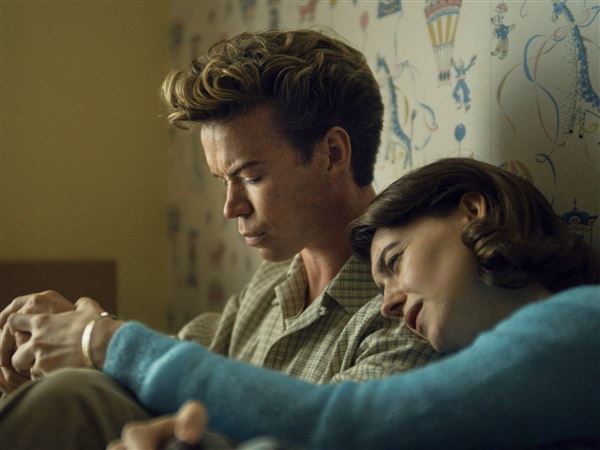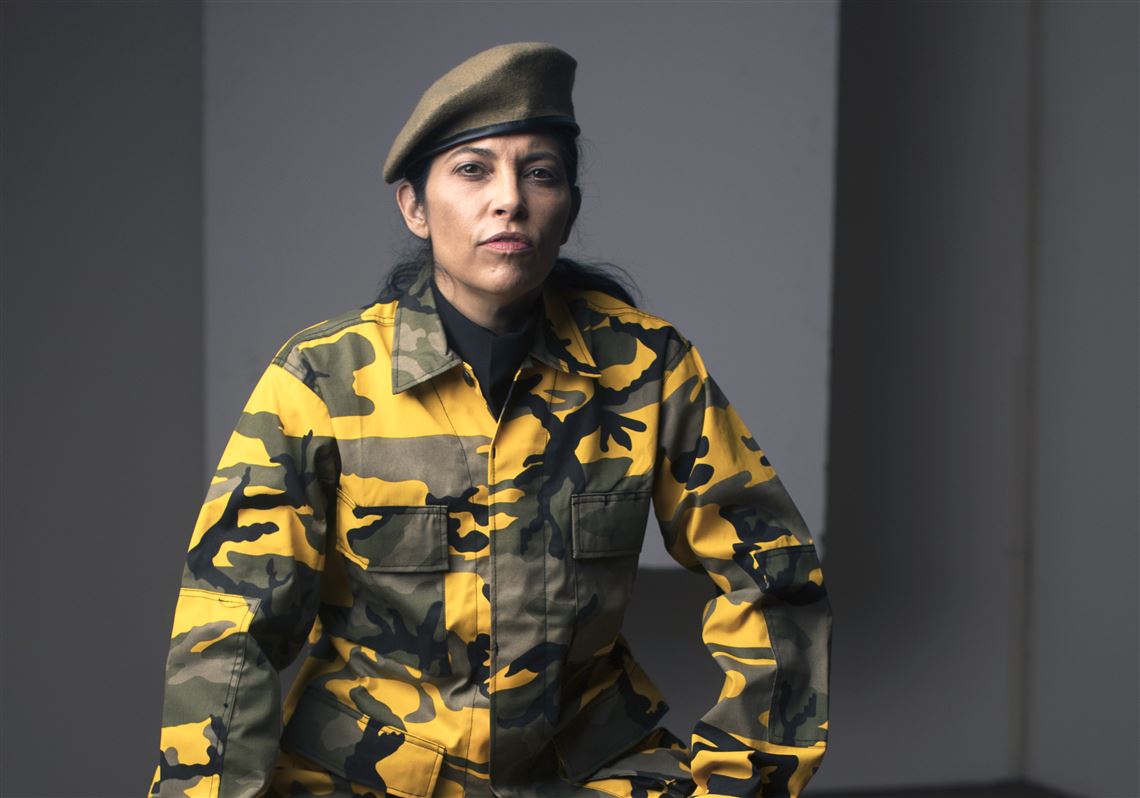Most business consultants would advise against blowing half of a company’s annual budget on a single project.
But this is theater, baby.
Quantum Theatre has a budget of about $1 million, and its upcoming show will cost about half a million, only a small portion of which will be recouped through ticket sales.
During the pandemic, despite cries of emergency from some organizations, many of Pittsburgh’s arts groups actually finished their seasons in the financial black thanks to individual donations and public grants and loans. Some companies, like Quantum, were actually able to raise additional special funding for future projects.
The theater raised about $4 million extra during the pandemic, a fund that’ll support special projects like the company’s upcoming production “Idaspe” (opening Friday), which brings together numerous local musicians, dancers and performers as well as internationally renowned singing and directing talent.
The fund means there’s no real risk. However, it remains to be seen whether city residents will be interested in the project.
Quantity and quality
What’s the idea? Never heard of “Idaspe?” No one has — it’s an opera by little-known Italian composer Riccardo Broschi that hasn’t been performed in about 300 years. The story is about two refugee children arriving in Naples and joining rival gangs and turning on one another in a Fellini-era, 1960s aesthetic with quick dialogue and a fast-paced story.
Leaders are banking on the high quality of the artists and music as well as the hope that some of the collaborators will bring their audiences from their respective organizations to help fill the hall.
The opera will be sung in Italian with English supertitles projected above the stage, but as with most opera the music takes front and center and shares at least equal billing with the story.
Wait. Doesn’t Pittsburgh Opera normally put on the city’s operas?
“I feel that arts groups in Pittsburgh exist in their own boxes,” said Karla Boos, Quantum’s founder. “Opera and theater and music exist in their own siloes, and I’m trying to push against that.”
It’s a bold strategy, Cotton. The scale of the collaboration is rare for a city.
In “Idaspe,” Chatham Baroque, the Steel City’s resident early music trio, will form the core of an orchestra of early music players drawn from around the country. There are dancers from Attack Theatre, Pittsburgh Ballet Theatre and Hill Dance Academy and aerialists from Iron City Circus. Pittsburgh Opera, the Pittsburgh Cultural Trust, Point Park University, Pillow Project and more have contributed either advice or in-kind support (things like free advertising in their program books).
World-renowned baroque singer Vivica Genaux will star alongside countertenor John Holiday, whose performance credits include an appearance on the singing competition show “The Voice.”
“Vivica is like the Serena Williams of baroque singing,” Boos said.
“She’s the only voice that can sing some of this on the planet,” said Andrew Fouts, artistic director and violinist of Chatham Baroque, Quantum’s primary partner on the project.
If it ain’t baroque
The differences between baroque opera and regular opera are significant.
For one thing, the instruments are “period” instruments, which are physically different from modern instruments in materials and sound. Strings use gut strings instead of steel strings, and horns are “natural,” meaning they don’t have valves to facilitate the change of pitch as easily.
The actual pitch of the music is different. Modern orchestras tune sharper than historic instruments.
The singers are trained in baroque singing styles, which involves more ornamentation like trills and quick grace notes. The music itself is more formulaic — the story moves forward during “recitative” sections with free rhythm, and pauses during the “arias” for singers to showcase their voices and reflect on a particular moment or emotion in the story.
Plus, the stories of baroque operas tend to focus more on stories from Greek mythology and last much longer than operas today. Uncut, “Idaspe” would run for about four hours. Quantum Theatre’s version will last just about two and a half hours, including intermissions.
Ancient, score
To build the production, the team had to track down the musical score for the opera, which isn’t published due to its age and obscurity. It does still exist in a library in Bologna, Italy. However, there is a scanned copy of the score on the wiki site called the International Music Score Library Project (affectionally known as IMSLP by musicians around the world).
“The most streamlined way to craft the piece that we wanted was to create our own edition,” said Andrew Fouts, artistic director of Chatham Baroque.
Chatham Baroque and Quantum Theatre had successfully collaborated in 2015. They began discussing and working on this new collaboration around 2018, deciding to hire director Claire van Kampen, a Royal Shakespeare Company director with a background in piano and early music, to help develop and spearhead a project that would front Genaux, who caught Fouts’ attention thanks to a YouTube video showcasing her talent.
“We had time during the pandemic to input the score,” Fouts said, explaining that the team input 400 pages of music manuscript into a notation software program to begin cutting and reshaping it. Van Kampen helped cut the narrative down to a manageable length and added depth to some of the characters, while Chatham worked to smooth the transitions in the music, making adjustments where necessary.
Risky business
Quantum’s new fund isn’t an endowment, exactly — though it is invested — and it’ll be up to the organization’s board to determine what projects in the future may qualify for the special funding.
“We like our mid-size-budget sweet spot, but it became clear to me that there was a disconnect between happily existing as a midsize company and the cost of hiring an artist like Vivica Genaux,” Boos said.
Mounting such a large production can be a risk, in terms of sales, even though sales won’t have much impact on the bottom line. And at $50, tickets are actually more expensive than the inexpensive seats at performances of larger organizations like the symphony or opera. Then again, walk-ups and last-minute sales are usual in this business.
“I don’t know if Pittsburgh knows that a $50 ticket to see John Holiday and Vivica Genaux is an amazing deal,” Boos said.
“Idaspe” debuts at the Byham Theater at 7:30 p.m. Friday, with additional performances on Oct. 9, 11, 13 and 15. Tickets are $51.25 at trustarts.org.
Jeremy Reynolds: jreynolds@post-gazette.com or 412-263-1634; twitter: @Reynolds_PG. Mr. Reynolds' work at the Post-Gazette is supported in part by a grant from the San Francisco Conservatory of Music, Getty Foundation and Rubin Institute.
First Published: October 5, 2022, 1:04 p.m.
















